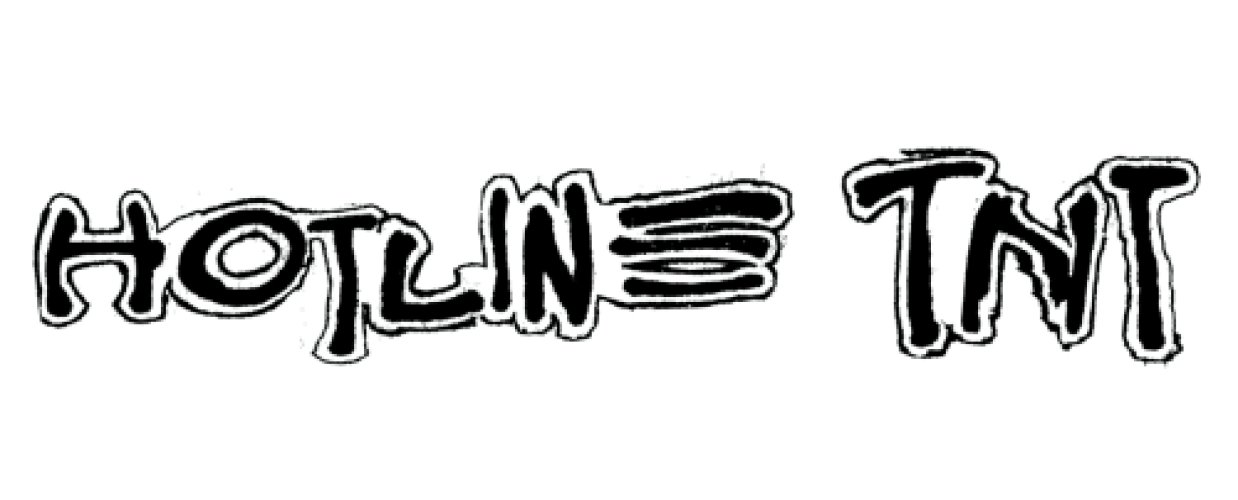
Hotline TNT

Upcoming Shows
May 10, 2026
Nashville, TN
The Basement East
May 11, 2026
St. Louis, MO
Blueberry Hill Duck Room
May 12, 2026
Omaha, NE
Slowdown
May 13, 2026
Denver, CO
Meow Wolf
May 15, 2026
Salt Lake City, UT
Kilby Block Party
May 16, 2026
Boise, ID
Shrine Social Club Ballroom
May 17, 2026
Portland, OR
Wonder Ballroom
May 18, 2026
Seattle, WA
The Showbox
May 20, 2026
San Francisco, CA
August Hall
News & Press
There are no articles available for this artist.

-(1)-medium.png)